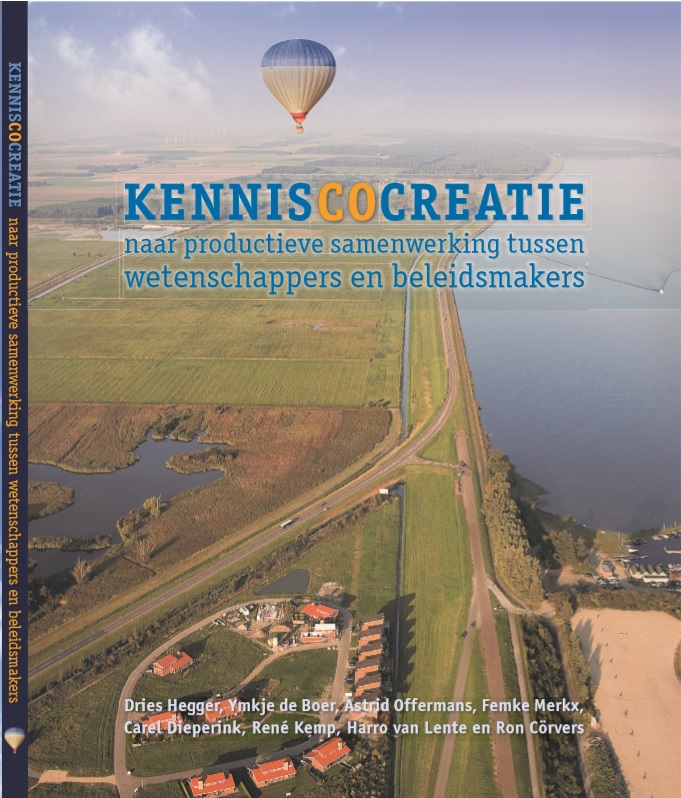Handbook for Joint knowledge production
This book reports on the search for the exact meaning of knowledge creation, why and when knowledge co-creation can be used and what makes knowledge creation difficult or successful.
Sustainable development deals with complex, societal issues. There is a recognition that we need a transdicsiplinary approach in which actors from different domains collaborate with the intention to develop results that are relevant to both. Such a collaboration –if correctly designed and facilitated- allows to give justice to the multiple causes, different interests and normative assumptions underlying sustainabilty problems and potential solutions.
Such a collaboration is difficult and implies the integration of different types of knowledge (i.e. practical, scientific and tacit) from people with different backgrounds, interests and incentive structures.

This book elaborates on joint knowledge production (or co-creation) between scientists and policymakers. It explains what cocreation is, when it may be used and how this process can be designed in a fruitful way. The book is based on scientific insights and empirical research of different co-creation projects. It is written in Dutch.